


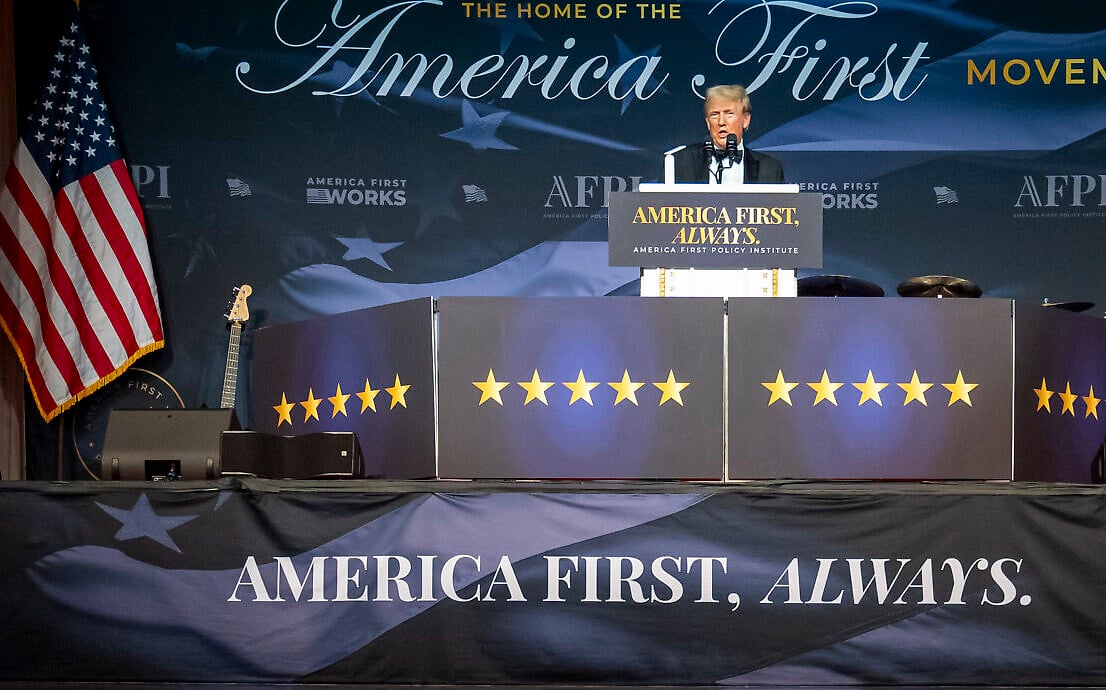
After Israel’s initial successes in its airstrikes against Iran, the focus of the campaign now hinges on one question — will he, or won’t he?
US President Donald Trump has not declared whether or not he will join the attack. The decision is a crucial one, as American involvement would solve the toughest nut Israel has yet to crack — the Fordo enrichment facility.
The site is entombed 90 meters under a mountain, and Israel’s conventional airborne munitions cannot come close to knocking it out. But the US has its 30,000-pound GBU-57 Massive Ordnance Penetrator bunker busters, with the B-2 heavy bombers to deliver them.
And it looks increasingly likely that Trump will join.
The American president, who campaigned on a platform of ending “forever wars” and expelling “warmongers” from the White House, has been sounding an increasingly bellicose tone toward Iran with each passing day.
On day one of the operation, he was stressing that Iran still has “a second chance” to negotiate a deal with the US on its nuclear program.
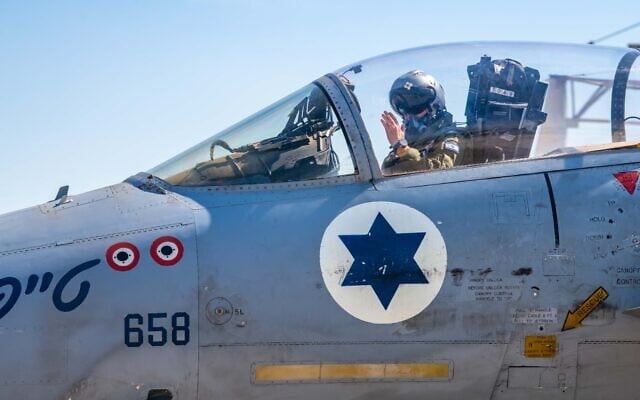
“There is still time to make this slaughter, with the next already planned attacks being even more brutal, come to an end,” he wrote on his Truth Social platform.
He urged Iran “to make a deal, before there is nothing left, and save what was once known as the Iranian Empire.”
By Sunday, he was openly floating the idea of US involvement.
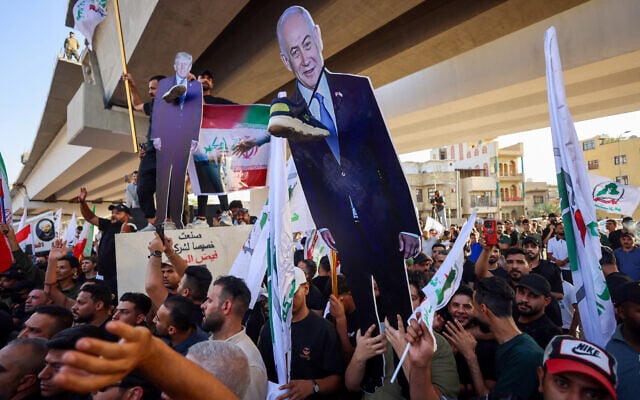
And on Tuesday, he was demanding Iran’s “UNCONDITIONAL SURRENDER” and issuing threats against Supreme Leader Ali Khamenei.
Also that day, Trump had told reporters that the US was “not looking for a ceasefire,” and that he is “not in the mood to negotiate.”
On Wednesday, he demanded “total and complete victory.”
Israel anticipates that Trump will enter the fray. “We would be very surprised if the Americans don’t join the offensive. We assess that it’s not a question of if — but of when,” two senior Israeli officials told Channel 12 on Wednesday.
“Mentally, he’s in attack mode — not isolationism. Something truly exceptional would have to happen for him not to join,” they said.
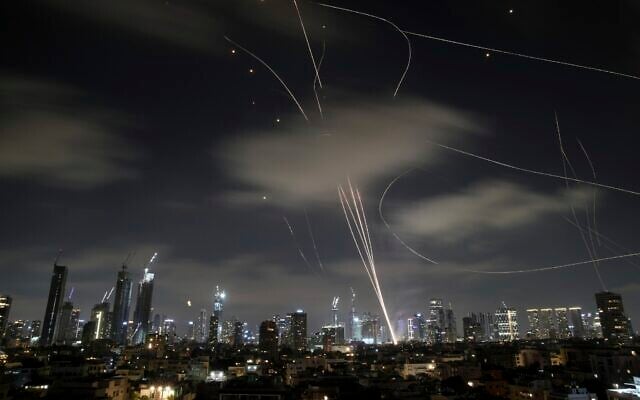
How did the man who ran against the idea of more US wars come to the brink of ordering the bombing of a powerful enemy state in the Middle East — to the ire of some of his most dedicated supporters?
“Trump likes a winner,” explained Danielle Pletka, senior fellow at the American Enterprise Institute.
Indeed, Trump blasted Netanyahu after his failure to protect the country from the Hamas-led onslaught on October 7, 2023.
If Netanyahu was going to stumble again, Trump kept open the option of distancing himself from the operation. But the successes of the early hours left a mark on him.
“It started the first night,” he told reporters on Wednesday in response to a question on why he is warming up to a US strike on Iran.
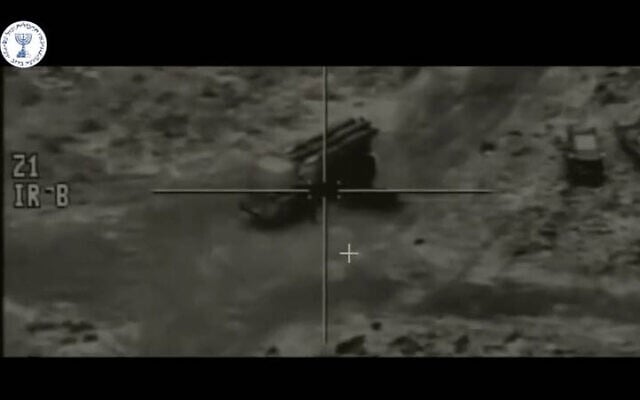
Mossad agents had set up a drone base on Iranian soil near Tehran, and in the early hours of the attack, the drones took off, striking surface-to-surface missile launchers aimed at Israel. Mossad commandos on the ground fired missiles at anti-aircraft sites.
Israel took out Iran’s senior military leadership and top nuclear scientists as well in those initial hours, showing how deeply its intelligence had penetrated the Islamic Republic.
And Israel has hammered Iran for six days without losing a single aircraft or pilot. Trump’s two-month bombing operation against the Houthis saw the loss of two F-18 jets and seven $30 million MQ-9 drones.
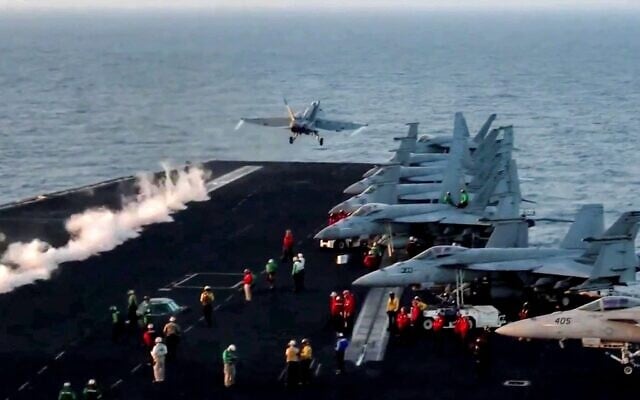
The strikes were “excellent,” said Trump on day one. It was “a very successful attack, to put it mildly,” he marveled.
“The first night was devastating, and it really knocked the one side off,” Trump recalled on Wednesday.
The impressive Israeli campaign is not attractive to Trump solely because of its achievements. It comes at a time when Trump is looking for a signature foreign policy win, as he been unable to bring the war between Russia and Ukraine any closer to an end, and the Gaza war is expanding again.
What’s more, Iran ignored his 60-day deadline for a negotiated settlement to the nuclear issue, seemingly unbothered by the possibility that he would resort to military force.
Joining the operation now, after Iran’s generals are dead and its air defenses obliterated, offers Trump a chance to take credit for an historically audacious campaign that could well change the course of the Middle East.
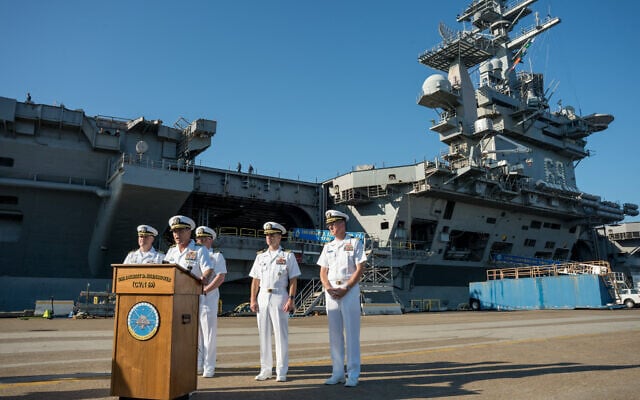
It’s not only talk from Trump. The US is positioning its forces for an attack, sending some three dozen refueling planes to Europe and putting all of its more than 40,000 troops in the Middle East on high alert. Additionally, two aircraft carriers are headed to the region, including the USS Nimitz, skipping an expected port call in Vietnam, according to The Wall Street Journal.
That doesn’t mean his isolationist aides in the White House and backers in the media are on board.
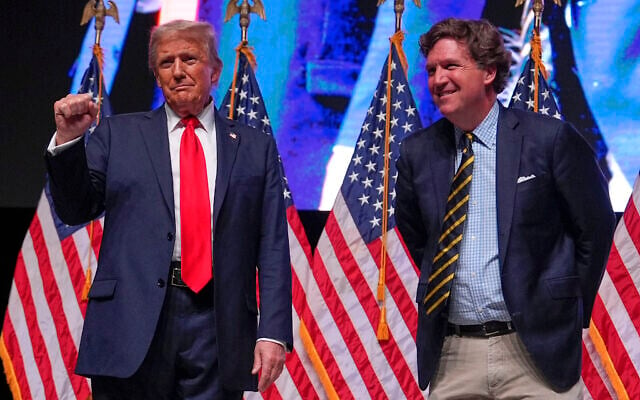
“There’s a behind-the-scenes battle for influence that’s going on,” explained Pletka. “The big part of the problem is that people underestimate Donald Trump. They think that Donald Trump is just like them, meaning he’s an isolationist.”
Talk show host Tucker Carlson has led the charge, putting out a list of “warmongers” and calling Trump “complicit” in Israel’s war.
Carlson’s criticisms backfired. Trump posted on Truth Social asking that “somebody please explain to kooky Tucker Carlson that, ‘IRAN CAN NOT HAVE A NUCLEAR WEAPON!”
According to Trump, Carlson folded, and called him to apologize.
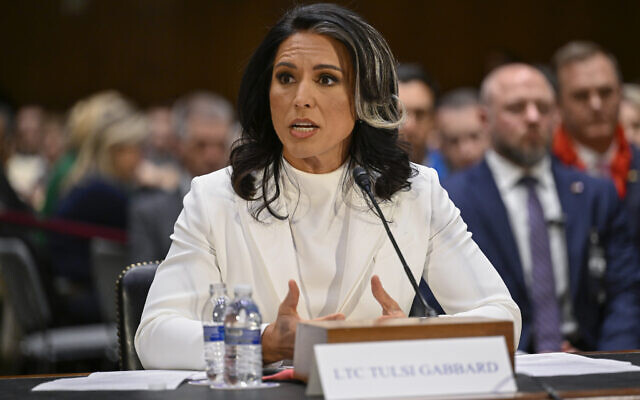
He is also fed up with his National Intelligence Director Tulsi Gabbard, another isolationist backer. According to Politico, he was reportedly “incensed” after she shared a video warning that “political elite and warmongers” are “carelessly fomenting fear and tensions between nuclear powers.”
Trump also publicly dismissed her March testimony that US spy agencies did not believe Iran was building a nuclear weapon.
“I don’t care what she said,” Trump declared on Tuesday.
Seeing Trump as an isolationist was wishful thinking from the anti-interventionist camp. He is averse to nation-building and a foreign policy based on human rights, but he has not shied away from military action. He embarked on the bombing campaign against the Houthis in March, and ordered strikes on IRGC leader Qassem Soleimani and a deadly raid on ISIS chief Abu Bakr al-Baghdadi in his first term.
The anti-interventionist camp could theoretically convince Trump to switch course, arguing that an attack on Iran could lead to attacks on US troops and civilians. But changing Trump’s mind seems increasingly unlikely, especially with Khamenei making one miscalculation after another on how to handle Trump.
Khamenei has seen his main military and security advisers killed by Israeli airstrikes, leaving major holes in his inner circle and raising the risk of strategic errors.
Isolated, the 86-year-old decided it would be wise to threaten the US just when Trump is gearing up for war. “Americans should know that any military involvement by the US will undoubtedly result in irreparable damage to them,” he said on Wednesday.
With Iran contriving to push Trump over the edge, and a foreign policy win there for the taking, the chances of a US strike on Fordo are high. If that goes well, it will pave the way for an even closer relationship between Trump and Netanyahu, and new opportunities in a transformed Middle East.
